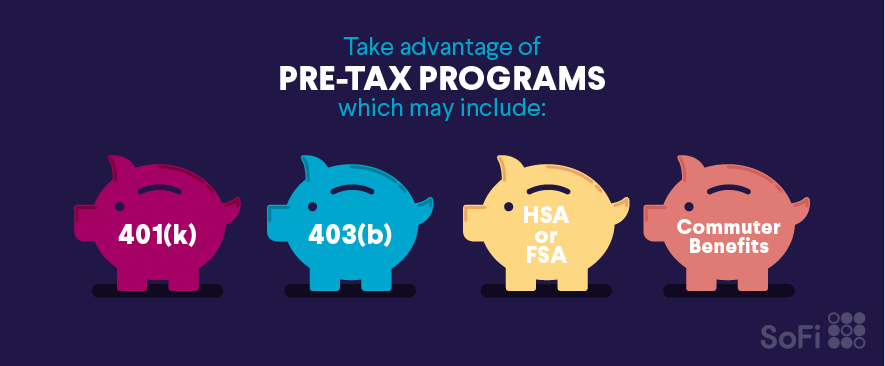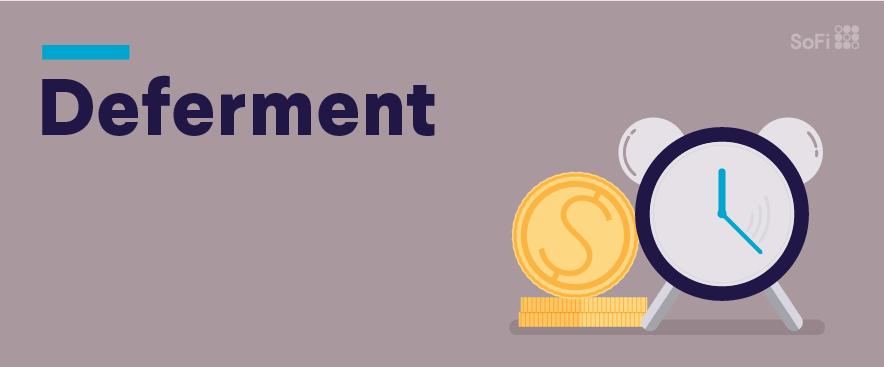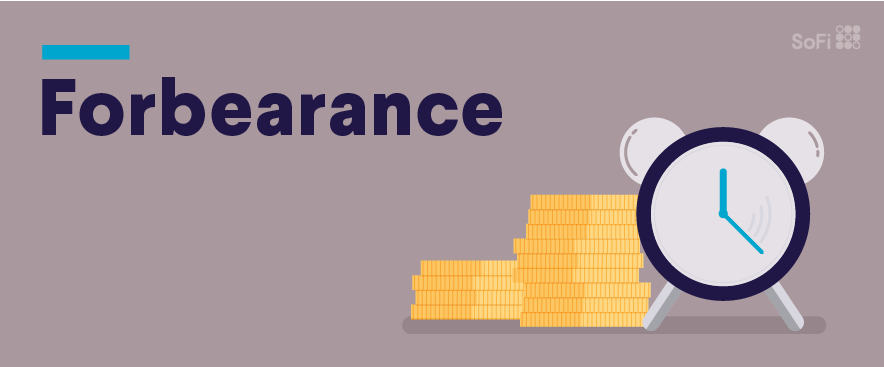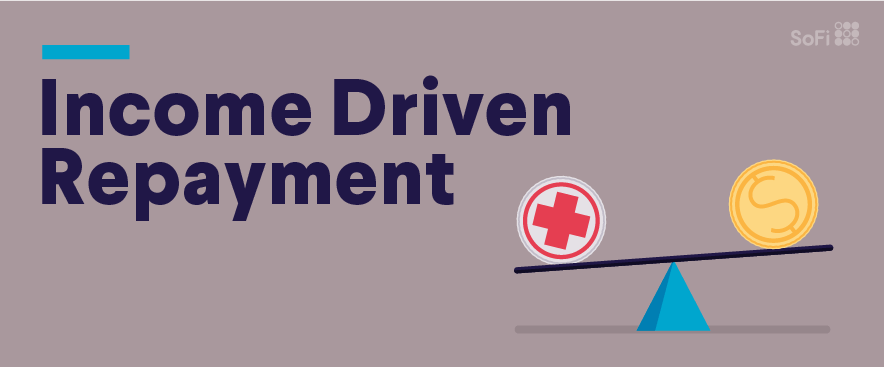Choosing the Right Target Date Funds for Retirement
Target Date Fund Basics
Target date funds are becoming increasingly common when it comes to saving for retirement. A target date fund is a mutual fund with a passive mix of investments curated based on when you’re likely to retire.
They are also sometimes referred to as “set it and forget it” funds, and are relatively popular investment options because they are fairly easy to understand and offer a decent return on investment. You simply put your money in a fund with the target date you plan to retire—and you don’t have to think about it on the daily.
Target date funds surpassed the $1 trillion mark in 2017 —meaning that over $1 trillion in our retirement savings are now invested in these funds—and about nine in 10 employer retirement plans now offer target date funds as an option. Target date funds are, simply, funds organized around a target date for retirement.
For example, a 2050 fund means you are hoping to use those retirement funds in 2050. The idea is that by picking a fund aimed at a specific date, the mix of investments can change as you near that date.
This means you might have riskier investments with the potential for greater return earlier in the fund’s life, when retirement is decades away. Your investments gradually become less risky as retirement nears.
However, it should be noted—as with all investments—target date funds are not without inherent risk. You can lose or gain money if the stocks, bonds, or mutual funds you’re invested in go up or down. The return on investment is never guaranteed.
Additionally, even if two funds have the same target date (or similar names), it doesn’t mean they’re the same. The underlying strategy, risk, and asset allocation varies among the best target date funds.
How Target Date Funds Work
Typically, target date funds are mutual funds with a passively managed mix of assets. A mutual fund is a portfolio of stocks, bonds, and securities. You buy into the fund, as do other investors, essentially pooling your money and allowing you to buy a mix of assets you might otherwise not be able to purchase as an individual. Passively managed means you’re not actively trading stocks and securities.
How a specific target date fund shifts its asset mix over time is called its “glide path.” You’ll probably want to research the glide path before committing to a fund. You’ll also want to consider how much risk you want to take. Even though target date funds generally become more conservative over time, the specific risk and asset allocation varies from fund to fund.
How to Pick the Best Target Date Fund for You
The best target date funds are the ones that match your needs, offer the right level of risk for your desired return, and have low management fees. The average target date fund asset-weighted expense ratio for 2017 was 66 basis points—which means 0.66%. And the typical investor pays 0.47% in fees because so many target date funds come from low-cost providers.
That same report found that Vanguard Group, Fidelity, and T. Rowe Price make up nearly 70% of target date fund assets. In addition to considering fees, here are some other issues to weigh when picking the best target date funds for you.
Pick the Right Target Date
You can choose the year you’re hoping to retire, but it’s not a requirement. If you want to be slightly more conservative, you could consider a target date that’s sooner than you plan to retire.
However, you should make these choices consciously (and plan accordingly—don’t pick a date sooner than your actual retirement and then be surprised when there’s not as much return as you want).
And check in regularly to update your target date as necessary—something most people don’t do. One research paper analyzed 34,000 participants in target date funds and found that investors were more likely to pick a target date ending in “0” rather than one ending in “5,” simply because it’s easier to round to zero.
Assess Your Risk Tolerance
A big question with any investment—and target date funds are no different—is how much risk you want and are willing to tolerate. Your risk tolerance can also change over time, and you may want to change the mix of your investments as that happens.
Do you want your target date fund to carry you to retirement or through retirement?
Some target date funds are “to” retirement, meaning they’ll hit their most conservative allocation at the target date and then won’t change much once you retire. But other target date funds are “through” retirement, meaning they continue to adjust and rebalance their mix of funds even after you retire.
Check in on the mix of investments and the fund’s glide path
It’s probably not a great idea to really “set it and forget it.” You’ll want to check in periodically to ensure your fund still meets your needs. Although many employers may automatically enroll you in a target date fund, it doesn’t mean you have to stay in the fund.
If you’re going to want to be more actively involved in investing for your retirement or more aggressive than a traditional asset allocation strategy, then a target date fund might not be right for you. Additionally, if you’re going to need or want more customization, then you might want a different investment product.
Before you decide on products and investment strategies, think about what your financial plans are and your goals for retirement. As a first step, use our retirement calculator to figure out how much you should be saving.
Investing with SoFi Invest®
It’s never too early—or too late—to take control of your retirement savings. If you’re ready to start actively preparing for retirement, consider investing with SoFi Invest. When you open a invest account at SoFi, you’ll gain access to a team of financial advisors who will work with you to create a long-term financial plan. You can get started with as little as $100, with no SoFi management fees.
Choose how you want to invest.
Ready to
do-it-yourself?
Want to take a
hands-off role?
SoFi can’t guarantee future financial performance.
This information isn’t financial advice. Investment decisions should be based on specific financial needs, goals and risk appetite.
Advisory services offered through SoFi Wealth, LLC, a registered investment advisor.
The information and analysis provided through hyperlinks to third party websites, while believed to be accurate, cannot be guaranteed by SoFi. Links are provided for informational purposes and should not be viewed as an endorsement.
WM18215







